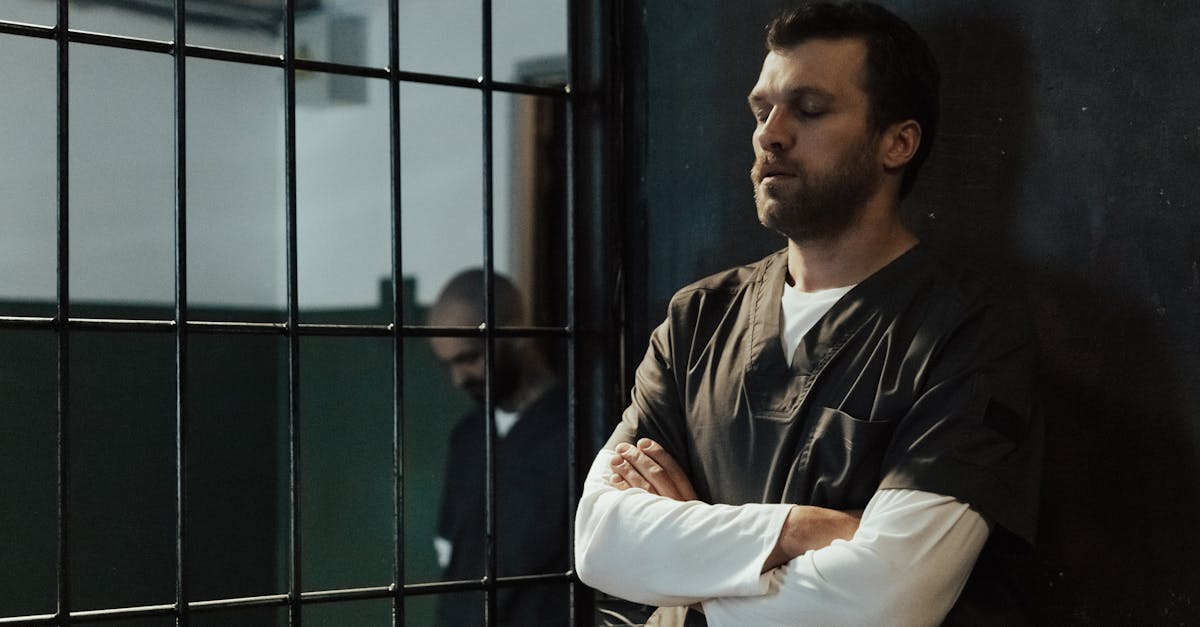George Economou, a former resident of Lowell, has recently been granted parole after serving a life sentence for the sexual assault of his three daughters. This controversial decision, reached by the state Parole Board in a narrow 4-3 vote, has raised significant concerns and discussions about the implications of such a release. Parole decisions are typically made based on various factors including behavior while incarcerated, rehabilitation efforts, and the perceived risk to the community. Economou’s case has sparked debates regarding justice for victims and the criteria employed by parole boards in making these critical decisions.
In this blog post, we will explore the background of Economou’s case, the factors that influenced the Parole Board’s decision, and the community’s reaction to this development.
Background of the Case
In 2005, George Economou was convicted of sexually assaulting his three daughters, resulting in a life sentence without the possibility of parole. His actions not only shattered the lives of his children but also sent shockwaves through the Lowell community. Understanding the implications of this conviction is essential in gauging the seriousness of his release. According to the numerous testimonies presented during the trial, the trauma inflicted on the victims was profound and ongoing. For further insights on similar cases, we can refer to resources available at RAINN.
Parole Board Decision Process
The state Parole Board’s decision-making process involves in-depth evaluations of the inmate’s behavior while incarcerated and assessments of the risk they may pose to the community upon release. In Economou’s case, supporters argued that he demonstrated good behavior in prison, taking part in rehabilitation programs designed for offenders. However, critics highlighted that the nature of his crimes should weigh heavily against any potential for release. Often, the question arises: can rehabilitation truly outweigh the severity of the crimes committed?
Implications for the Victims
The decision to grant Economou parole raises significant questions regarding the welfare of his daughters, now adults. The psychological toll of such a ruling can reignite trauma and inhibit their healing processes. Victim advocates suggest that the legal system must prioritize the safety and well-being of survivors in decisions impacting their abuser’s confinement. A discourse on trauma-informed care and victim rights is essential, especially in high-profile cases like this one. To learn more about victim support resources, visit NSVRC.
Community Reaction
The community’s response has been overwhelmingly negative. Many residents express outrage at the Parole Board’s decision, fearing for the safety of potential future victims. Local news outlets have reported town hall meetings discussing community concerns and mobilizing advocacy against the parole. Many residents feel that their safety in the community should not be jeopardized by releasing individuals with such serious offenses. This case epitomizes the conflict between rehabilitative justice and public safety concerns.
Legal Perspectives
From a legal standpoint, the implications of granting parole to individuals convicted of severe crimes provoke further discussions surrounding judicial ethics and policies. Legal experts debate the guidelines that govern decision-making by parole boards and the potential need to revise criteria ensuring public protection. As seen in Economou’s case, the consequences of these decisions can create ripples of skepticism regarding the criminal justice system’s capacity to safeguard victims’ rights.
Next Steps for Economou
As George Economou prepares for release, his reintegration into society will be closely monitored. Parole conditions often include restrictions aimed at ensuring public safety, such as mandated counseling and substance abuse programs. These measures may offer some reassurance to the community. Understanding how Economou navigates this process could serve as a case study for future parole decisions involving severe offenses.
Conclusion
The granting of parole to George Economou has opened a complex dialogue about the balance between rehabilitation and public safety, especially concerning serious offenders. Victims and community members have a right to voice their concerns as they navigate the implications of such rulings. This case underscores the necessity for vigilant support systems for survivors and robust mechanisms that uphold community safety. As we reflect on this controversial decision, it is crucial to advocate for the rights and protection of victims while engaging in discussions on justice reform.
The outcome of Economou’s release will continue to unfold in the coming months, and it remains essential for communities to stay informed and engaged in these critical issues affecting public safety and justice.
